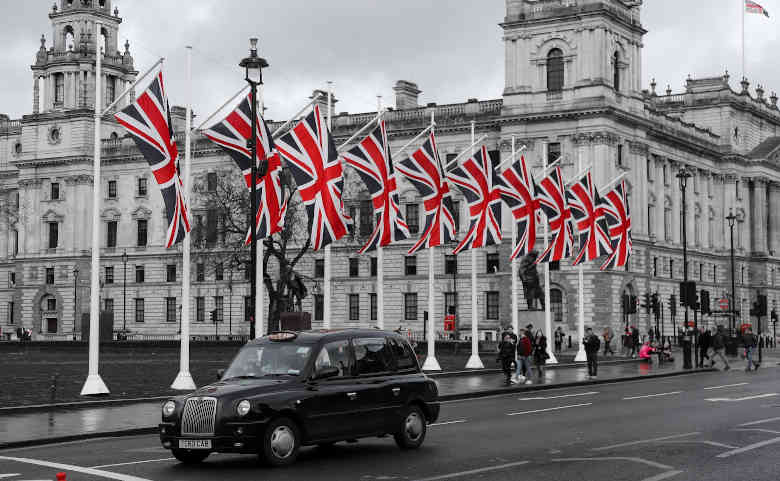Briefings for Britain, July 3, Catherine McBride
Seven years after the vote to Leave the EU, UK trade is mostly unchanged. Possibly because EU membership didn’t really help the UK export to the EU, but also because the Department for Business and Trade has embraced the freedoms offered by Brexit and rolled over, improved or negotiated from scratch over 80 trade agreements. Incredibly, it is domestic trade between Northern Ireland and Great Britain that has become more difficult since Brexit, not trade with the EU.
On the seventh anniversary of the Brexit referendum on 23rd June, the usual suspects claimed that Brexit has destroyed UK trade, put up trade barriers with our biggest trading partner and that the UK has swapped trading with the EU in order to trade with Australia or with other CPTPP countries. Nothing could be further from the truth. UK trade is doing just fine. For the most part it is business as usual since Brexit.
An analysis of UK trade by industry comparing exports to EU and non-EU destinations showed little variation between the two. In some industries, trade with the EU has actually done better since 2019 than with non-EU countries despite Covid lockdowns, factory closures, component shortages, international travel bans, Russia’s invasion of Ukraine, Germany’s recession and, of course, Brexit. Only products that do not have enough of their content manufactured in the UK or the EU have seen a fall in trade statistics, although not in the actual trade. The exports are now allocated to the countries that made them. The trade continues, but is recorded more accurately. Harry Western’s paper also showed that there had been no serious Brexit effect on UK trade.
Click here to read the piece in full.

